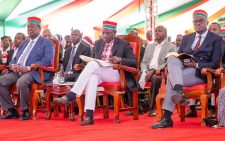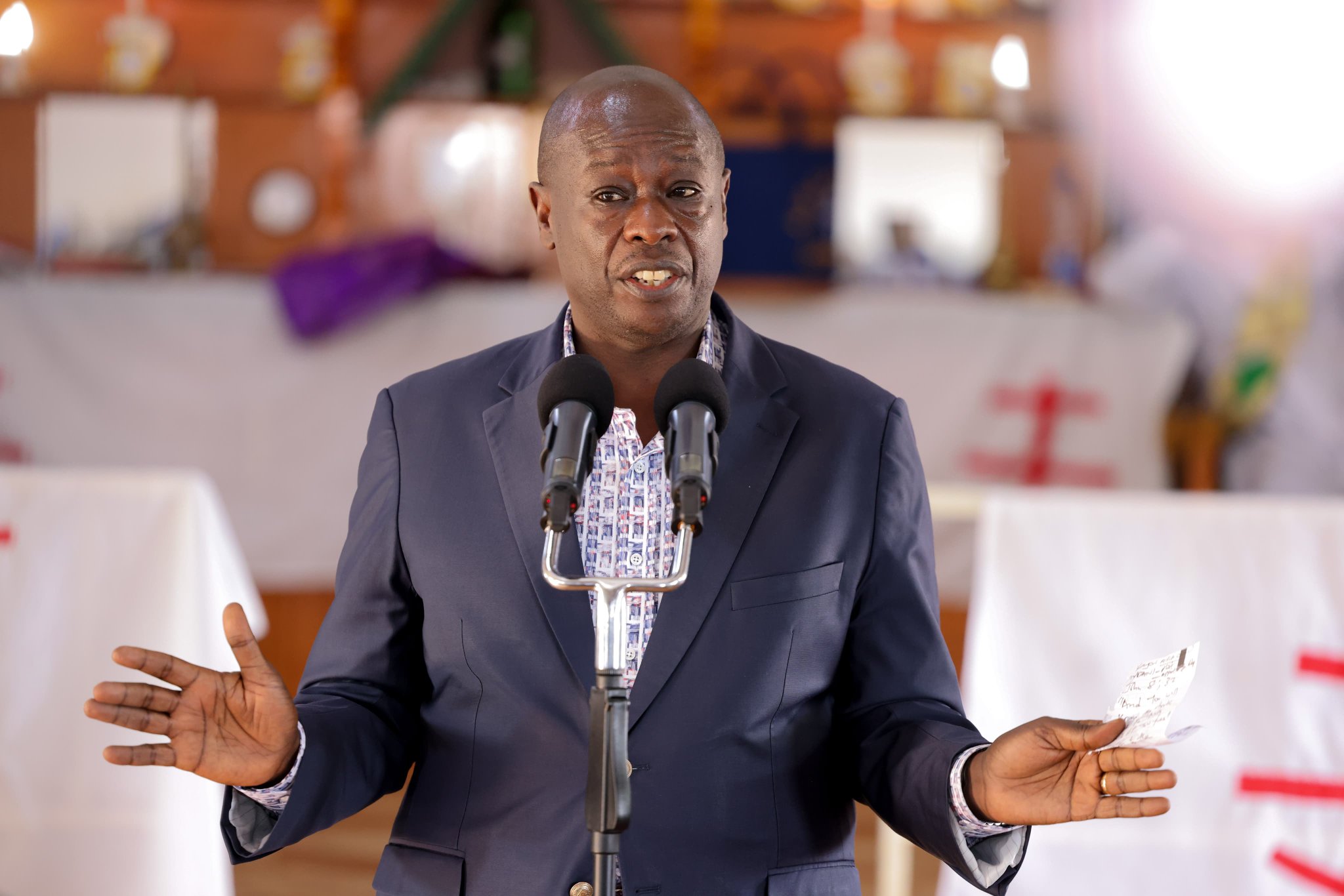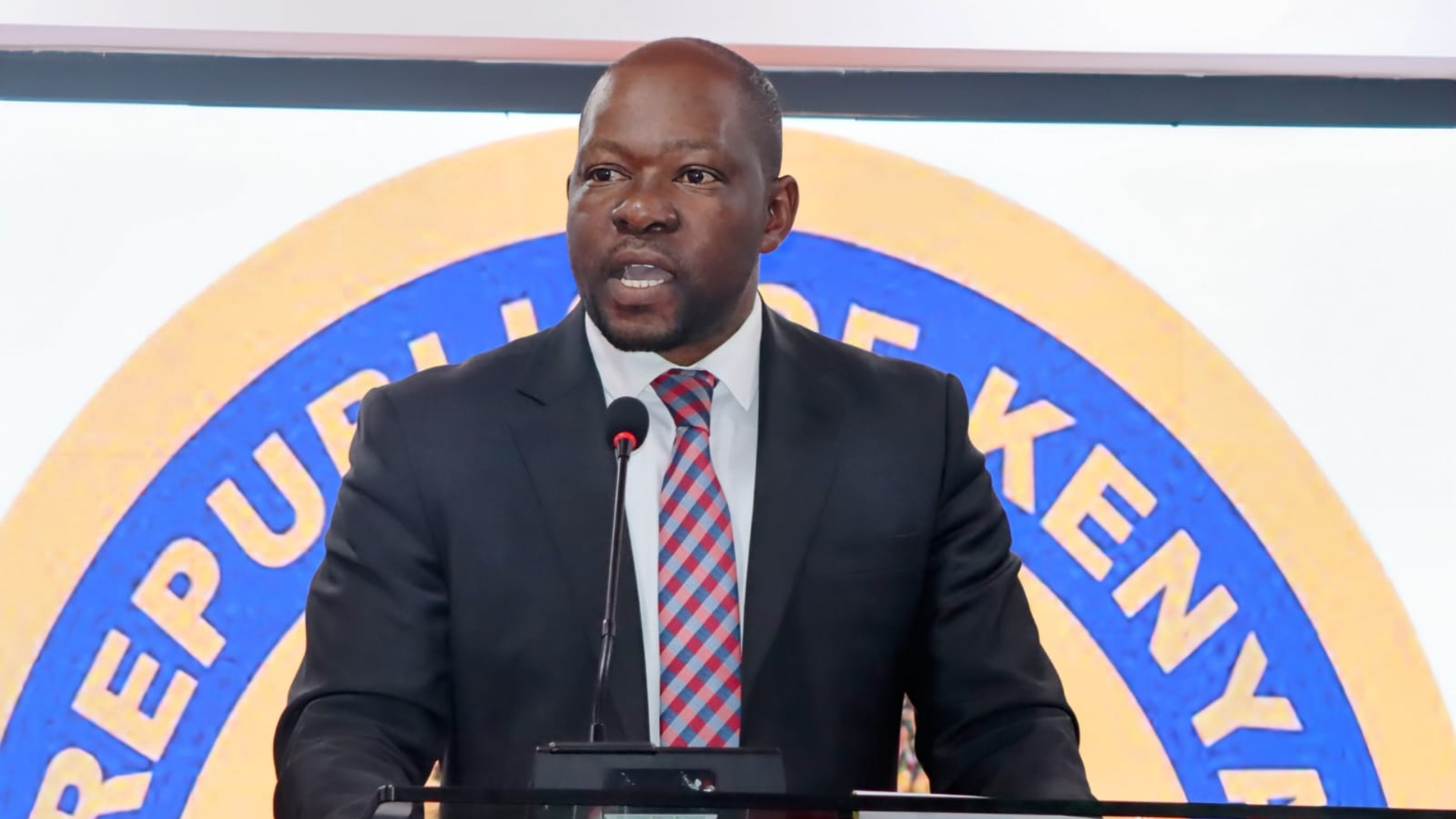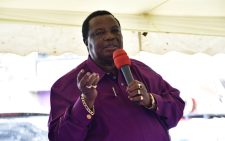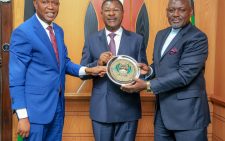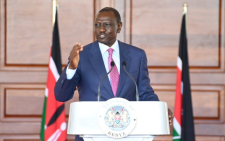Politics is all about politicking. Even though it may seem premature, various leaders are already throwing their hats into the ring as potential presidential candidates.
The latest contender to join the fray is Busia Senator Okiya Omtatah, who joins former ministers Fred Matiang’i and Martha Karua.
As the election season draws near, there is a noticeable increase in enthusiasm among the electorate. Unfortunately, our feelings often lead us to pick leaders who pledge utopia but deliver hubris.
Emotional politics is a persistent problem that is defined by divisive rhetoric and the exploitation of emotions for political goals. Politicians in Kenya have profited from this art. This is a concern. How did we find ourselves in this puzzle of being swayed by incompetent individuals to be our leaders?
Our inability to distinguish between confidence and competence among our leaders has dragged us into this scenario. We often assume that confident people have more leadership potential, but in any area of talent, including leadership, there’s little overlap between confidence – how people think they are at something – and competence – how good they are at something. Unfortunately, most leaders who are good with words lack competence.
Although charisma may be a desirable quality in a leader, the increasing need for charismatic people, especially in the digital era, has made effective leadership more difficult. Many charismatic leaders support causes but often quit halfway, which slows down society’s progress. This tendency suggests that people want leaders who are entertaining and appealing, but it’s critical to understand the difference between charm and successful leadership.
According to research, the most successful leaders tend to be humble and unenthusiastic compared to their charismatic peers. We all remember former President Mwai Kibaki, who was easygoing and had an upbeat attitude. Although his communication style was not as ostentatious, his deeds spoke louder than words.
The emergence of ineffective leaders can also be a result of our inability to resist narcissism, which leads to unrealistic ideals and overly proud individuals. Celebrating famous people primarily for their notoriety tends to magnify their flaws and diminishes empathy and self-control. Such leaders frequently act recklessly and dishonestly. In contrast, the best leaders manage their narcissistic tendencies and prioritise the well-being of their country.
So, how then do we stop incompetent men from becoming leaders? The first solution is to follow the signs and seek the qualities that hone people’s leaders. There is a pathological mismatch between the attributes that seduce us to a leader and those that are needed to be an effective leader. If we want to improve the performance of our leaders, we should start by focusing on the right traits. Instead of falling for people who are confident, narcissistic, and charismatic, we should promote people into leadership because of their competence, humility, and integrity.
We should distrust our instincts in pledging allegiance to politicians. Once, Uasin Gishu Senator Jackson Mandago, in a moment of rare wisdom, cautioned Kenyans not to blindly pledge allegiance to political leaders, as politicians are notorious for changing their loyalties to suit their agendas.
Most of us love our intuition, but most people are not as intuitive as they think. In that sense, intuition is a bit like a sense of humour. One implication is to focus less on the impressions people make during digital or media interviews, which are just an invitation to project our own biases and prejudices.
Progress begins with individual responsibility. To enhance the competence of our leaders, we must first focus on improving our own ability to assess and select effective leadership. — The writer is an Innovations Evangelist and a PhD Candidate; [email protected]


